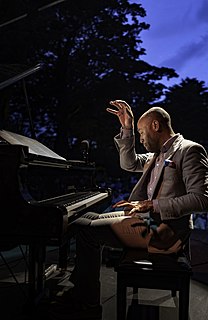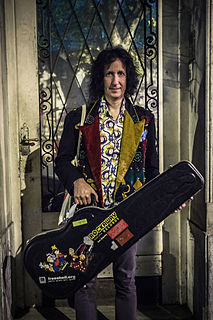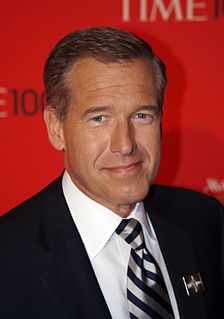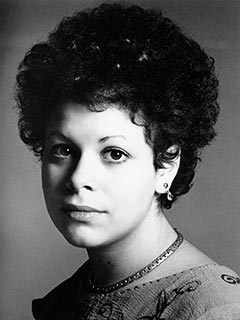A Quote by Richard Morris
Inaudible prayers, particularly of the Canon, which at first don't seem to have anything to do with music, end up being a very important part of the aesthetic of the traditional structure of the Mass.
Related Quotes
In climbing, being first-rate is part of the whole enterprise. The important climbers want to be the first man up the mountain, the one who put up the first route. You're usually only remembered if you put up the first route on a very important climb. The route might even be named after you. That's a kind of glory.
Contemporary Christianity, diverse and complex as we find it, actually may show more unanimity than the Christian churches of the first and second centuries. For nearly all Christians since that time, Catholics, Protestants, or Orthodox, have shared three basic premises. First, they accept the canon of the New Testament; second, they confess the apostolic creed; and third, they affirm specific forms of church institution. But every one of these - the canon of Scripture, the creed, and the institutional structure - emerged in its present form only toward the end of the second century.
Argentina is a very interesting culture because unlike Europe and the US, they did not abandon rock and roll music, they did not turn their backs on it. It's an important part of their culture. So guitar music is an important part of their culture. So me being into rock music, I get respect working there, which wasn't happening in Europe or in the US.
Since the purpose of reading, of education, is to become good, our most important task is to choose the right books. Our personal set of stories, our canon, shapes our lives. I believe it is a law of the universe that we will not rise above our canon. Our canon is part of us, deeply, subconsciously. And the characters and teachings in our canon shape our characters--good, evil, mediocre, or great.
I personally don't think of the music as being particularly dark, though many seem to disagree as I often have to answer that question. I try and make the Lustmord sound have a real mass and a tangible presence, which some choose to interpret as dark. It's an interesting distinction. Although there are dark elements interwoven within the whole, it's only one of many textures.
The world that we live in is full of distractions and pleasures that pull us away from a spiritual life. Even our jobs which are a very necessary and important part of our lives can end up being the altar at which we pray. They consume most of our waking hours and provide the income on which we are dependent in order to take care of our families.
Music is what is going to save me," "On the bad days, when I have to look at the cold, hard facts of life, I see that this is not the music business I came up in and I have to be very, very objective and detached and say, 'what's good about it and what's bad about it?' Mostly, I'm finding it good that it's not the same old music business, because the music business I came up in really didn't advance anything I was doing, and I don't think it was particularly kind to a lot of artists.
It's so hard to do anything that doesn't owe some kind of debt to what Stanley Kubrick did with music in movies. Inevitably, you're going to end up doing something that he's probably already done before. It always seem like we're falling behind whatever he came up with. "Singin' in the Rain" (1952) in "A Clockwork Orange" (1971) - that was the first time I became so aware of music in movies. So no matter how hard you try to do something new, you're always following behind.
When I talk of primordial innocence, I hear it in Sufi music with the nay flute. I see it in Coptic icons, in most traditional art, particularly art of the American Indian. I find the texts extraordinarily beautiful and very childlike and very simple. I've been particularly interested in American Indian texts.






































